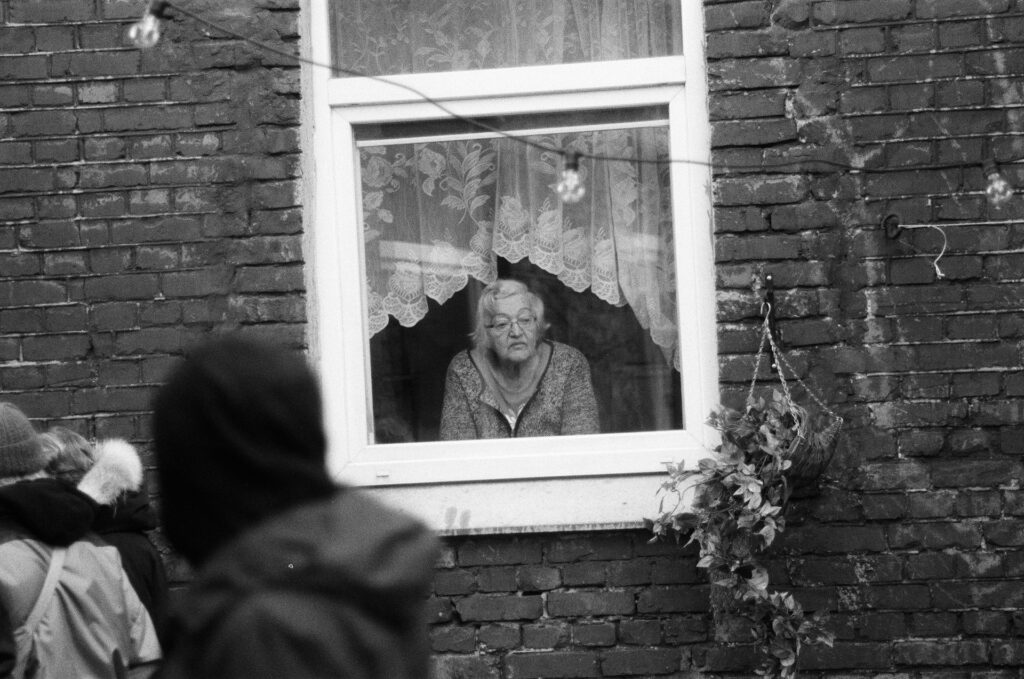Protecting Elderly Loved Ones from Nursing Home Abuse and Neglect
The well-being of our elderly loved ones is a matter of pivotal concern to all of us. As age advances and physical and mental faculties diminish, they often need to be in the care of institutions that can provide for their special needs. Nursing homes, designed to do just that, seem like dependable havens.
Unfortunately, not all nursing homes live up to the trust we repose in them. Instances of abuse and neglect are not uncommon in these places, which can lead to serious health implications, and in some cases, even premature death. This is a distressing reality that we must confront, and, armed with knowledge, take necessary measures to prevent.
Types of Nursing Home Abuse and Neglect
Understanding the various forms of nursing home abuse and neglect is necessary to identify and address issues effectively. The most common types include:
1. Physical Abuse: This involves intentional harm to elderly residents, such as hitting, slapping, pushing, or using excessive force.
2. Emotional Abuse: Emotional abuse includes behaviors that negatively impact the mental and emotional well-being of residents, such as verbal aggression, threats, humiliation, and isolation.
3. Sexual Abuse: Unwanted or non-consensual sexual contact constitutes sexual abuse, and seniors may be particularly vulnerable due to cognitive impairments or physical limitations.
4. Neglect: Failing to provide appropriate care, leading to malnutrition, dehydration, bedsores, and unaddressed medical issues, can have a detrimental impact on elderly residents’ health.
Warning Signs of Nursing Home Abuse and Neglect
Family members should be on the lookout for any warning signs of abuse or neglect, including:
1. Unexplained Injuries: Bruises, cuts, or broken bones without clear explanations might indicate physical abuse.
2. Changes in Behavior: Sudden shifts in mood, anxiety, depression, or withdrawal from social activities can signal emotional or physical abuse.
3. Personal Hygiene Issues: Poor hygiene, unsanitary living conditions, or unattended medical needs suggest possible neglect.
4. Inappropriate Behavior from Staff: Overworked, stressed, or aggressive staff members may be more likely to engage in abusive or neglectful behavior towards residents.
Taking Legal Action Against Nursing Home Abuse and Neglect
If you suspect your elderly loved one has been subjected to nursing home abuse or neglect, it’s crucial to take the following steps:
1. Report Your Concerns: Notify the nursing home management and regulators, such as the state’s department of health, about the situation.
2. Gather Evidence: Document any visible injuries, medical records, and witness accounts from other residents, visitors, or staff.
3. Consult an Attorney: Seek guidance from a skilled nursing home abuse attorney to assess your case and discuss the available legal options.
4. File a Lawsuit: If necessary, your attorney will help you file a lawsuit against the responsible parties, seeking compensation for damages and advocating for improved care standards.
The Role of a Nursing Home Abuse Attorney
An experienced nursing home abuse attorney will guide you through the legal process and provide invaluable support, including:
1. Evaluating Your Case: A thorough assessment of your loved one’s situation, including determining liable parties, possible damages, and the best course of action.
2. Investigating the Abuse: Attorneys will gather crucial evidence, research the nursing home’s history, and identify any patterns of abuse or neglect.
3. Negotiating Settlements: Skilled attorneys can negotiate settlements with nursing home operators or insurance companies to secure appropriate compensation for the harm suffered.
4. Representation in Court: If a reasonable settlement is not reached, your attorney will represent your family in court, passionately advocating for your loved one’s rights and the pursuit of justice.
Safeguarding Elderly Loved Ones in Nursing Homes
Ensuring the safety and well-being of elderly loved ones in nursing homes is a critical responsibility for families, and it begins with recognizing the signs of abuse and neglect. By partnering with Circeo Law Firm’s award-winning Kentucky nursing home abuse attorneys, you can have the support and advocacy needed to confront abusive nursing homes and seek justice for your loved ones.
If you suspect nursing home abuse or neglect, contact us today for a free consultation to discuss your case and explore the legal options available to protect your family members’ dignity, safety, and rights.

